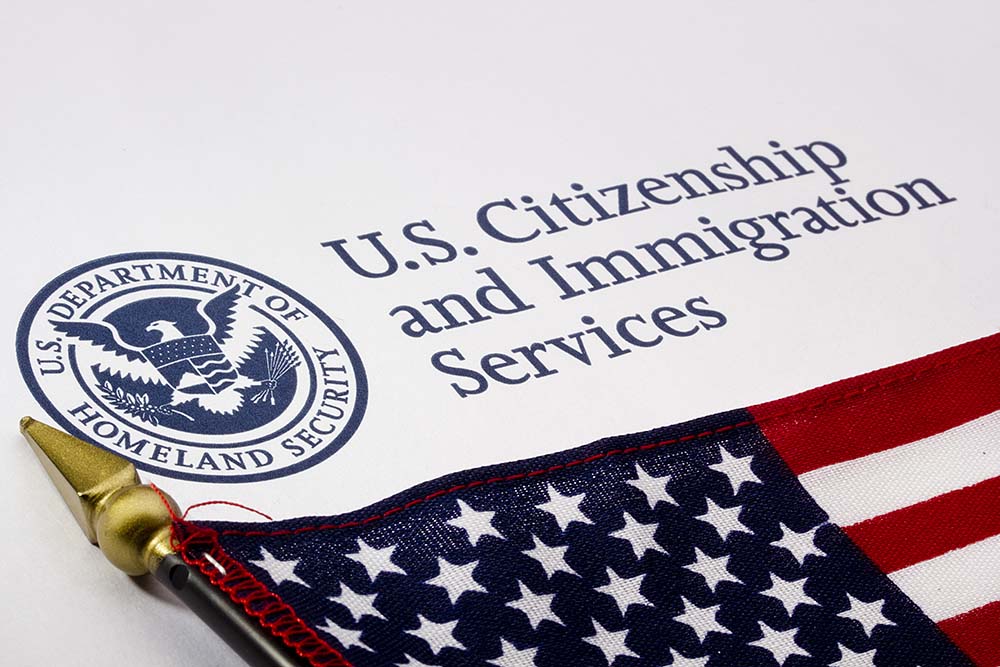The Biggest Issue with Legal Immigration – The H-1B Visa Process
“I wasn’t cut out to be an opera singer, but it was a nice fantasy for a teenager growing up in Hungary during the Stalinist era.” – Andy Grove, Co-Founder of Intel and U.S. Immigrant
What are the business issues related to the legal immigration process in the United States? According to the American Immigration Council, “U.S. immigration law is very complex, and there is much confusion as to how it works. The Immigration and Naturalization Act (INA), the body of law governing current immigration policy, provides for an annual worldwide limit of 675,000 permanent immigrants, with certain exceptions for close family members. Congress and the President determine a separate number for refugee admissions. Immigration to the United States is based upon the following principles: the reunification of families, admitting immigrants with skills that are valuable to the U.S. economy, protecting refugees, and promoting diversity.” As usual, when the federal government and its bureaucracy get involved in almost anything, it is complex and confusing. However, this isn’t the real issue, and the total number of visas granted is not the real issue either. The real issue for business is a subset of these visas called H-1B visas. According to the American Immigration Council “Every year, U.S. employers seeking highly skilled foreign professionals submit their applications for the pool of H-1B visas made available by U.S. Citizenship and Immigration Services (USCIS) on April 1. With a statutory limit of 65,000 visas available for new hires—and 20,000 additional visas for foreign professionals who graduate with a Master’s or Doctorate from a U.S. university—in recent years demand for H-1B visas has outstripped the supply and the cap has been quickly reached.” In other words, we have a limit on the number of the best and brightest immigrants that are available and want to move to the country or stay in this country after they get out of college or their graduate degree program. This is CRAZY! An average of 85,000 people were admitted to the U.S. on H-1B visas each year from 2005-2014. In order to get a H-1B visa in the U.S., a company has to sponsor you. In other words, the people that create jobs in the United States say “we want you and need you.”
So the question I get: “Why not give that job to a U.S. citizen?” The U.S. Immigration & Naturalization Service (INS) has a set of conditions that a company must meet to offer employment via a H-1B visa, and one term is that the company must be unable to find the person with the right skill set in this country. A list of 16 Iconic Companies Founded by Immigrants by the Huffington Post includes names such as Google, eBay, AT&T, Procter & Gamble, BigLots, Comcast, and Nordstrom. All of these company founders legally immigrated to the United States. They were some of the best and brightest, that we are now keeping out of the U.S. with our ridiculous legal immigration policies, while letting almost anyone across the boarder illegally. It is even politically incorrect to call an illegal immigrant “illegal’. The politically correct term is “undocumented”. This is all ludicrous.
This is Patrick Henry, CEO of QuestFusion, with The Real Deal…What Matters.


